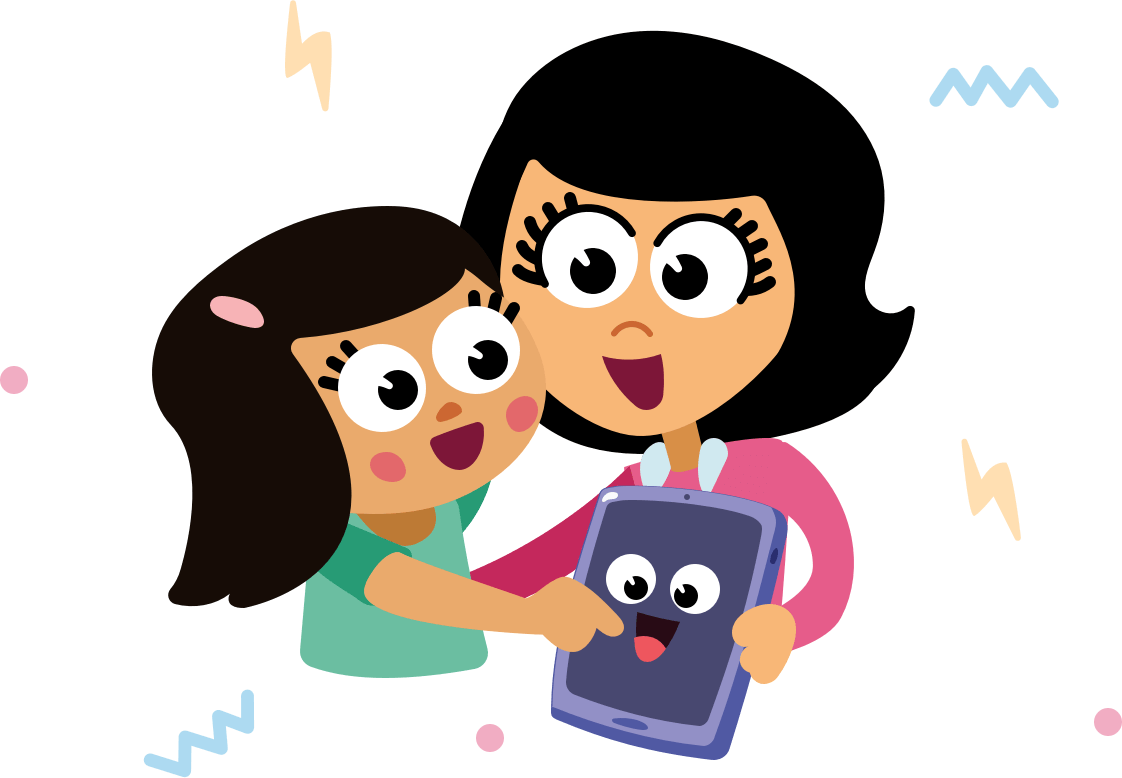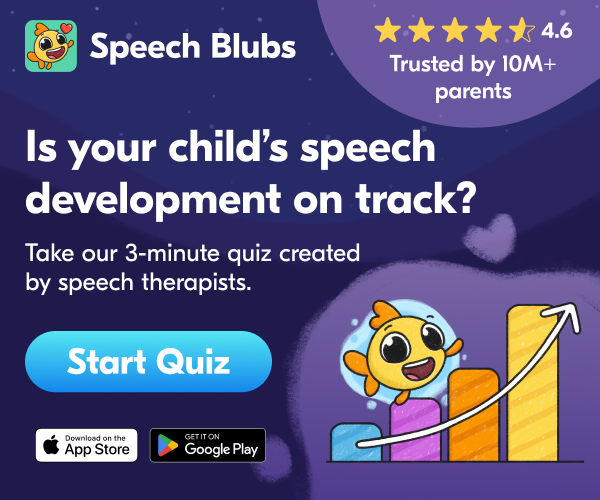Speech Delay in Toddlers: An All-in-One Guide for Parents
Welcome to our series of "All-in-One" guides connecting blog writers around an important topic that is explored in-depth on our blog page. The subject of this guide is speech delay in toddlers.
Unfortunately, parents aren’t handed a “Parent’s Manual” when they take their children home from the hospital the first time. Whether it’s your firstborn or any of your other children, all come out differently and learn differently. This blog provides a cohesive, consistent source of information about communication development stages for children of all ages in the context of speech delay.
https://www.youtube.com/watch?v=176mWySZ8U4
Some Background on Speech Impediments
A ‘speech and language impediment’ is a very broad term for types of disorders that result in a lack of skills in communicating, fluency, hearing, etc. Whether a physical impairment or a neurological disorder, these can be tested for by professionals. We describe three types of speech and language disorders in 6 Types of Speech Impediments, which explores some of the reasons kids experience speech delay.
Figuring Out If Your Child Has a Speech Delay
In the first chapter of my ideal kids manual for parents, I'd have a section on how to figure out if my child is a late talker. In her blog Does My Child Have a Speech Delay?, SLP Natalie Barnes explains that “A speech delay occurs when your child’s speech develops in the correct sequence but at a slower pace than their peers.”
As well, SLP Stacie Bennett says that “All children go through the same stages as their speech and language develops. However, it’s hard to know exactly when your child will get to each stage. There is a range of what is normal, and it can vary a lot.”
So, in her blog How to Know If My Child is a Late Bloomer or a Later Talker, Stacie also lists four ways to determine how fast or slow a child learns speech and language. She also provides normal language milestones to check if you suspect that your child may need testing.
Similarly, if you think your child’s speech might be lagging behind, but you’re not sure, check the blog Signs Your Child Is a Late Talker to learn about specific speech and language milestones by the American Speech-Language-Hearing Association (ASHA). Also, studies show that kids who have a delay will catch up to their same-aged peers by five years of age if they get an early diagnosis by an SLP, and get the appropriate help as soon as possible! This is great news!
The Speech Blubs app has a free screener if your child has difficulty making speech sounds and talking correctly. The screener gives you a personalized report with actionable advice specifically for your child. The app can be downloaded from the App Store or Google Play.
Reasons to Stay Calm
Parenting is difficult even on a good day, and so the effort to determine your child’s speech status can seem daunting. Please know that you are not alone. In fact, according to the University of Michigan Health System, delayed speech or language development affects 5 to 10 percent of preschool-aged children. You can start by looking at the risk factors involved in children having speech delay in our blog How Common is Speech Delay?, which also lists some of the causes of speech delay.
There is hope on the horizon, in the form of practical suggestions to help your child reach speech milestones in the blog How Long Does it Take for a Late Talker to Start Talking?. The short answer is that there is no short answer. Also, since every child is different, it’s impossible to state an absolute date when your child will catch up with peers. The blog talks about all of the different variables involved in developmental delays for your education, and so that you don’t blame yourself.
Another Cause of Speech Delay
Many families these days are composed of parents who speak different languages within the same household. Learning two languages means twice the necessary input, twice as much language processing, and at least twice as much social interaction needed using the language constructs. Not surprisingly, bilingual children often experience what seems like speech delay. However, in the blog Do Bilingual Kids Start to Talk Later? the take-away is that bilingual children are not behind in their speech development compared to monolingual children; they just learn at a slower rate.
Another Issue: Communicating with a Non-Verbal Child
Coping with a non-verbal child requires a different level of action. To help, our blogs explore the theoretical and practical aspects of helping a non-verbal child.
Our blog about setting communication goals for non-verbal kids first digs into your non-verbal child’s stages of communication, and describes, “non-verbal children as being on a four-stage continuum.” Also, if “you identify your child’s stage of communication, you will know what they can and cannot do, as well as what you can expect them to do next. This will help you set communication goals for them.”
Secondly, its focus is on setting goals for kids in the different four stages of communication. This blog also includes helpful videos by experts to help you learn the processes involved in each stage to set the appropriate goals.
Lastly, the article focuses on how to give your child reasons to communicate. More specifically, how to help your child: 1. make requests, 2. refuse or tell you “no,” 3. greet and say goodbye, 4. interact or make comments, and 5. learn to make choices.
Again, there is hope for non-verbal and speech delayed kids
The app Speech Blubs was actually made for non-verbal kids, and provides lots of fun activities to get kids making sounds first, then words, then phrases, and then whole sentences! Remember, you have to give them reasons to communicate. Using Speech Blubs with your child provides opportunities to do just that!

The app’s activities use other kids to model behaviors your child should try to imitate. Your comments and questions are very necessary here. This is not a “set and forget” app for your child. The app’s effectiveness is directly related to how much you put into the app time. Also remember that we only recommend 10-30 minutes/day to respect the guidelines for screen use by various pediatric organizations. So, make the most of your time with Speech Blubs.
FYI
Here are some other loosely related blogs about speech delay, just in case:
 By Robert McKenzie
By Robert McKenzie

